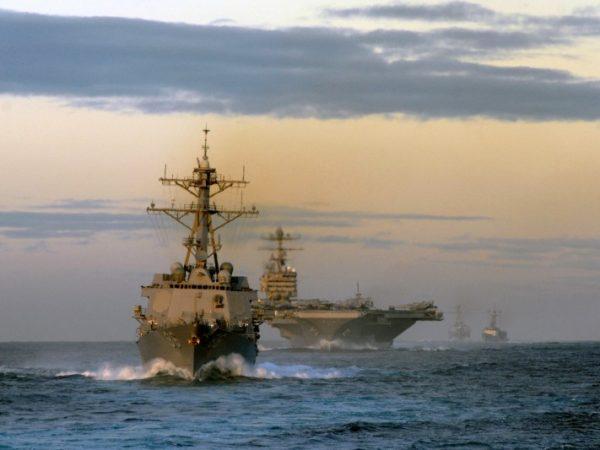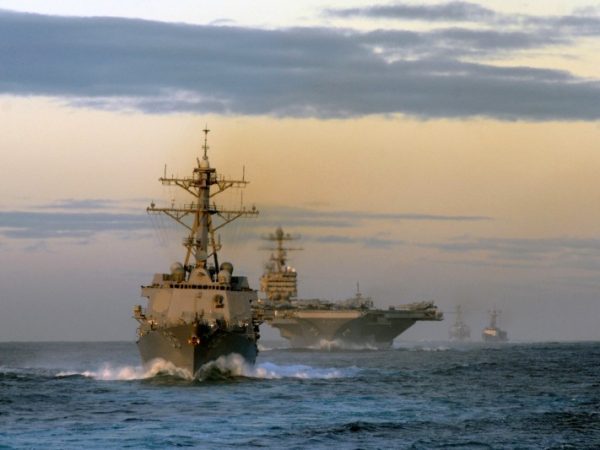Momentum Critical for US Defense Plans in Asia Pacific: Report
The Obama administration announced plans in January to direct national security forces away from the Atlantic, and to the Asia Pacific.

Dr Michael Green (center) and David Berteau (right), authors of the CSIS report on the U.S. defense plan for the Asia Pacific, at a House Armed Services Committee hearing in Washington D.C. August 1, 2012. Shar Adams/Epoch Tims
|Updated:





